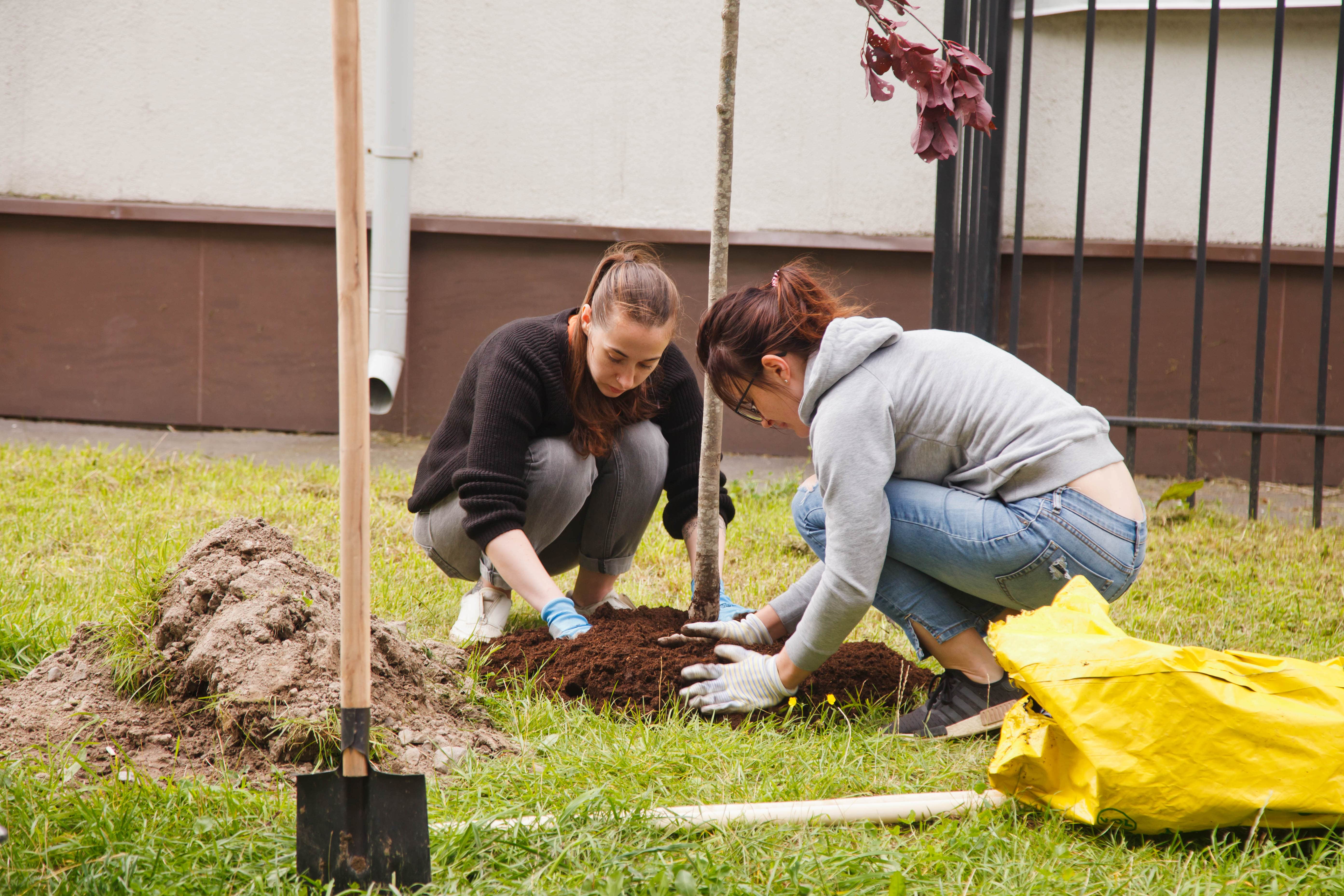Have you ever thought about what you can do to mitigate the climate crisis? If the answer is yes, here are 7 things you can do to fight climate change.
Encourage people around you to adopt climate-friendly lifestyles and support ecologically sound solutions.
Don’t just stand by, take action by participating in global movements such as ‘Count Us In’ which aims to motivate 1 billion individuals around the world to reduce their carbon pollution and take steps towards targeted and bold changes. The platform also offers tips about how to lobby specific climate-friendly ideas among local political and business representatives. Make your voice count, contact legislators if you disagree with their approach, support climate activists and eco-friendly policies and sign up for debates such as the UN’s #ActNow campaign.
Reconsider your transport preferences

According to the International Energy Agency, 24% of direct CO2 emissions from fuel combustion are due to the transport sector while cars, buses, trucks, and two- and three-wheelers are responsible for about three-quarters of transport CO2 emissions. Therefore, try to walk or cycle whenever possible or choose public transport or an electric car for long-distance travel. Also, try to reduce the number of flights you take by relying more on remote and online tools for work meetings and conferences.
Use clean energy if possible and cut-back your energy consumption

Despite some effort, CO2 releases from energy and industry have grown by 60% since 1992. Presenting a new global roadmap to secure clean energy access for all by 2030 and net zero emissions by 2050, UN Secretary-General António Guterres said:
“Close to 760 million people still lack access to electricity. Some 2.6 billion people lack access to clean cooking solutions. And how we produce and use energy is the main cause of the climate crisis.”
Switching to zero-carbon or renewable energy sources will help to significantly decrease greenhouse gases so everyone should reconsider their energy sources and, if possible, cut back on energy consumption as much as possible. This includes installing energy-efficient appliances and bulbs, if available, and switching off lights and heating when not needed.
Eat, shop eco-friendly, and don’t waste food

One study shows that over one-third of global greenhouse gas emissions are due to food production so where possible, give preference to plant-based foods. If 50% of the global population decreased their meat consumption and avoided the deforestation related to agriculture then carbon emissions could be reduced by 66 gigatons. Furthermore, shopping for locally produced products would decrease the fossil fuel emissions related to transport and cold chain storage. Finally, as 1 billion tons of food is wasted every year globally, accounting for about 8-10% of the total greenhouse gas emissions, it is important to shop only for the amount of food you need, store it properly and share any extra food with people in need.
Cut back your consumption and waste

The fashion industry discharges more carbon emissions than all international flights and maritime shipping combined and the ‘fast fashion’ culture means that clothes are quickly thrown away to end up in landfills so it is important to buy only the clothing you need and wearing these items for as long as possible. Try to avoid shopping for single-use items and always consider recycling goods.
Respect and protect green spaces

Around 12 million hectares of forest are destroyed each year. To show you care about nature, plant a tree individually or as a part of an initiative like the Plant-for-the-Planet project. Try to create green spaces whenever possible and respect and protect those that already exist.
Reconsider your investments

Before investing, try to find out where your money will go. Choose funds and institutions that do not finance industries with high carbon emissions.

